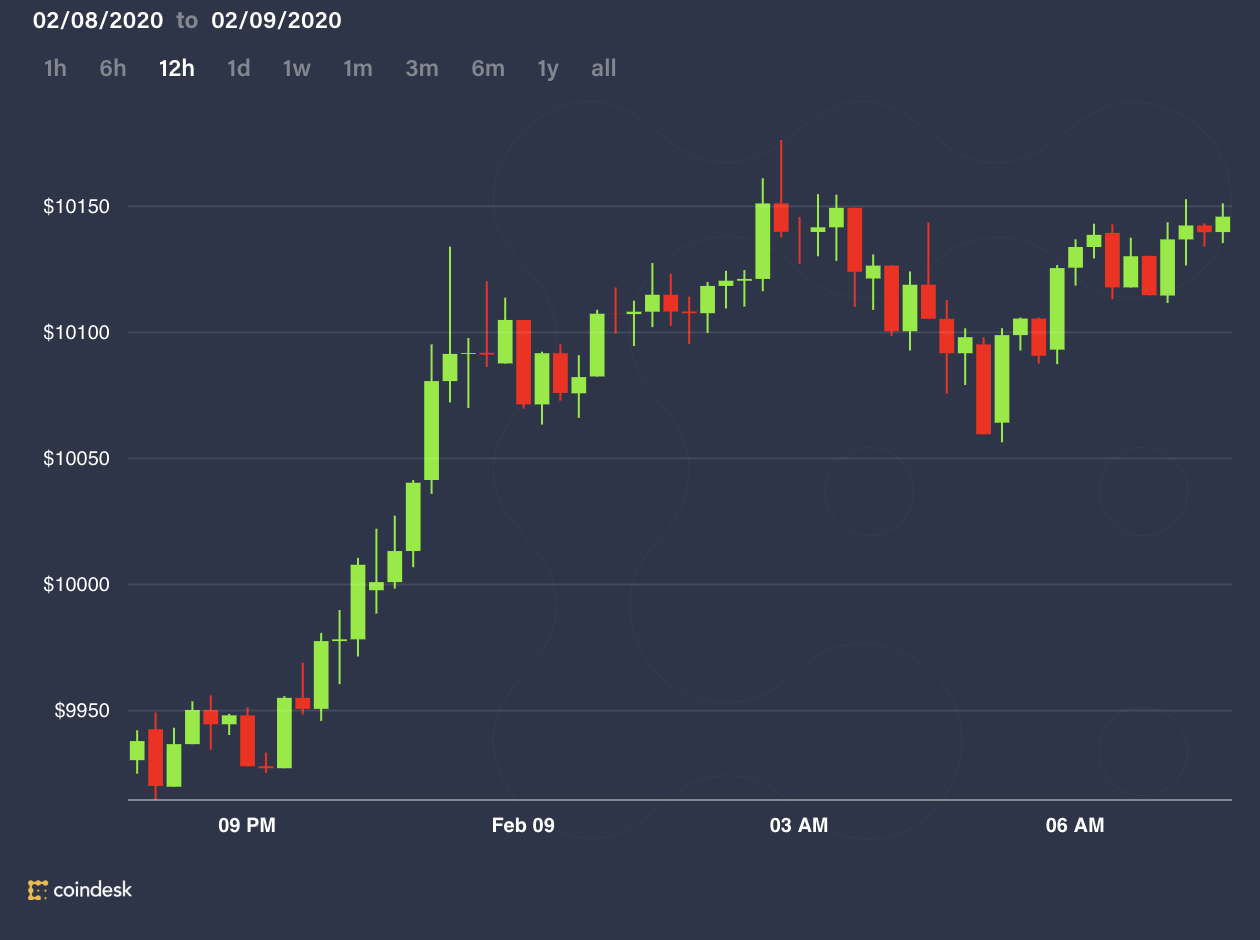Major Crypto Firms Including Binance, Civic, Tron Targeted in Flood of Lawsuits
New York Southern District Court. (Credit: Shutterstock/elbud)
A flood of class-action lawsuits were filed in New York Friday, taking aim at a number of major cryptocurrency projects.
First reported by Offshore Alert, at least 10 complaints were filed in the Southern District of New York on April 3, alleging that the firms had sold crypto tokens to U.S. investors that were in fact unregistered securities.
Among those targeted in the suits are cryptocurrency exchanges Binance (see complaint) and BitMEX operator HDR Global Trading, as well as notable blockchain projects like Tron (see complaint), Civic, Block.One, Kyber Network and Status. Bibox, Quantstamp and Kucoin are also named in individual complaints.
The actions, which also name executives from the firms including Binance’s CEO Changpeng “CZ” Zhao and Civic’s Vinny Lingham, were brought by “litigation boutique” Roche Cyrulnik Freedman on behalf of the plaintiffs. The law firm is also currently representing the Kleiman estate in a lawsuit against Craig Wright over a trove of bitcoin worth billions.
The complaint against Binance states:
“Binance and the Issuers wrongfully engaged in millions of transactions—including the solicitation, offer, and sale of securities—without registering the Tokens as securities, and without Binance registering with the SEC as an exchange or broker-dealer. As a result, investors were not informed of the significant risks inherent in these investments, as federal and state securities laws require.”
The suits have been brought on behalf of several individuals, including Chase Williams, Alexander Clifford and Eric Lee, as well as William Zhang in the case of Civic. As class actions, they are also brought “on behalf of all others similarly situated.”
In making their case, the plaintiffs raise the U.S. Securities and Exchange Commission’s action against EOS maker Block.One over its over $4 billion ICO in 2018. The firm agreed to pay penalties of $24 million for conducting an unregistered securities sale in September of last year.
The plaintiffs draw comparison between tokens issued by the companies accused in the complaints and Block.One’s sale of EOS.
The Binance filing states:
“The creation of EOS tokens thus occurred through a centralized process, in contrast to Bitcoin and Ethereum. This would not have been apparent at issuance, however, to a reasonable investor. Rather, it was only after the passage of time and disclosure of additional information about the issuer’s intent, process of management, and success in allowing decentralization to arise that a reasonable purchaser could know that he or she had acquired a security.”
Other filings make similar claims of similarities between Block.One’s ICO and tokens issued by defendants.
The reason the lawsuits have been brought en masse may be due to the statute of limitations in the U.S., which rules that a case over fraud must be brought within two years from a crime being discovered.
Fintech attorney Richard B. Levin told Decrypt that the complaints are likely to go to trial.
“Dismissal of a case is an extraordinary remedy,” Levin said. “I don’t believe the court will dismiss the cases, and I also do not believe the courts are going to grant motions for a summary judgment either on behalf of the plaintiffs or the defendants.”
Disclosure Read More
The leader in blockchain news, CoinDesk is a media outlet that strives for the highest journalistic standards and abides by a strict set of editorial policies. CoinDesk is an independent operating subsidiary of Digital Currency Group, which invests in cryptocurrencies and blockchain startups.








